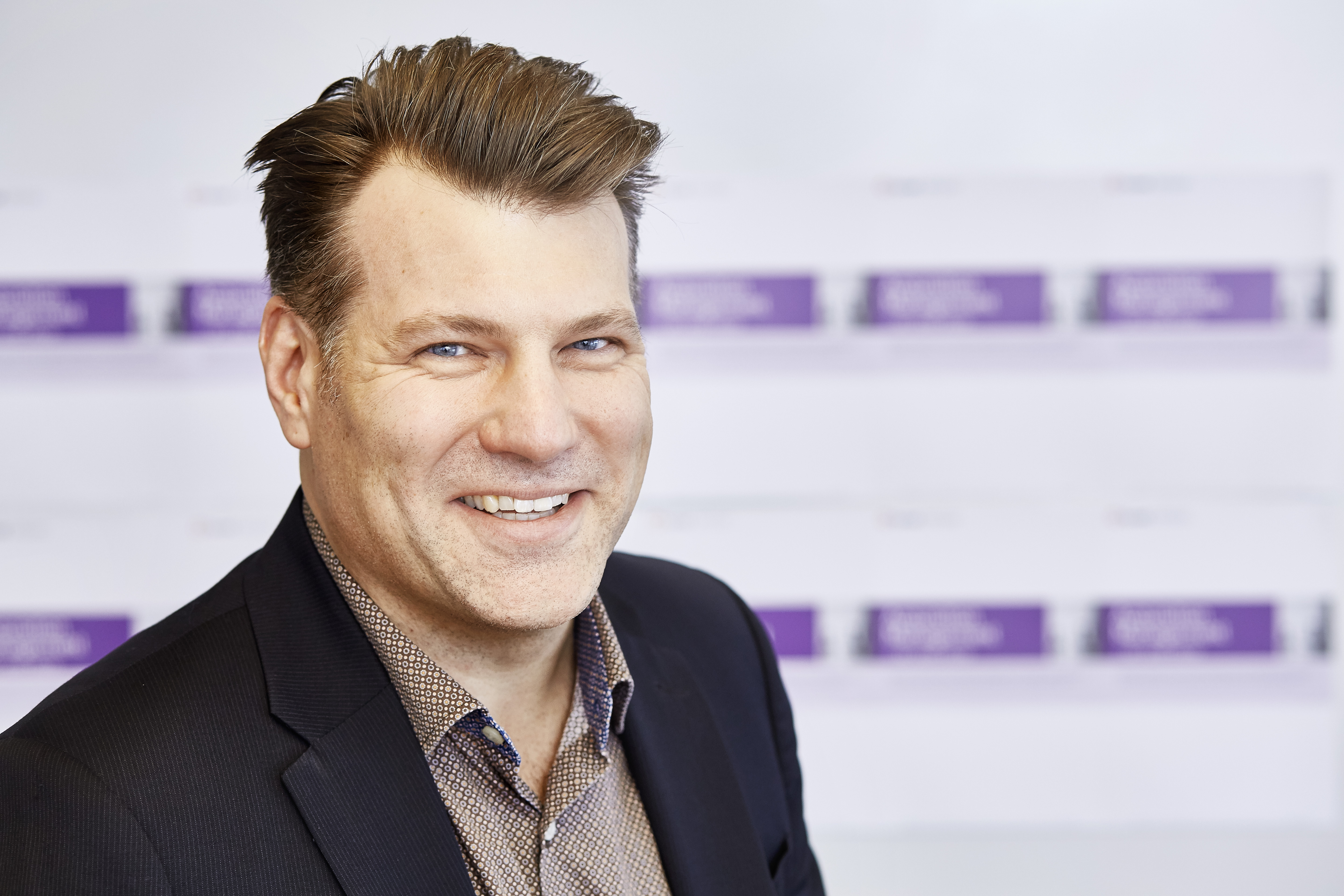Speaker: Peter Völgy and Christer Fröling
Venue: Hamburg (June 1st 2015), Copenhagen (June 2nd 2015), Stockholm (June 3nd 2015), Helsinki (June 4th 2015)
SE Vision 2025
The Systems Engineering vision 2025 has an aim to advance and infuse Systems Engineering (SE), discussing the global context, the current and future (wanted) state of SE. Influencing the engineering community means to break current state, mind set and best practices governing the engineering world of today and thus creating a new paradigm in System Engineering and system lifecycle management.
And we are in an increased hurry. The earth is under stress and the resources needs to be handled with much, much more care in the future. This paper will describe how a new era of true collaborative engineering will create the means to increase the sustainability of every engineered system on the planet.
Sustainability
INCOSE talks in the SE handbook about “illities” integration and that it’s recommended that subject matter experts are consulted and assigned as appropriate to conduct speciality engineering analysis. Who decides what is “appropriate” and what guidance is there to control the quality aspects of a complex technical system? Our experience show that the engineering community is mainly interested in meeting functional aspects of a system, leaving the non-functional aspects to someone else. So, let’s take one example, System Sustainability. This is also a key aspect in creating a new generation of systems engineers who creates innovative systems with minimal environmental footprint.
What is it that makes a system sustainable? Is it specific features, for example low energy consumption and that it’s made up of energy efficient and non-toxic materials? What if there was a way to control the inherent design aspects of a system regarding the resource allocated and required during it operational phase?
We believe there is; when the SE community truly meets the integrated logistic support ditto to find a common ground of understanding, i.e. a new engineering best-practice.
Collaborative Engineering
Integrated logistics support (ILS) is engineering methodology originally derived from the defence community as a way of controlling and predicting the resources a complex system will require during its expected lifetime in order to achieve expected availability. Now in all fairness ILS wasn’t developed originally with sustainability in mind, it was a way to cut costs. What ILS brought to the scene was a structured approach to understanding and optimizing the full system image and limit operational cost drivers such as maintenance, spare parts, consumables, man-power, facilities and more. A few decades later it became the method of choice for a lot of governments and suppliers in helping sustain a systems availability while simultaneously keeping cost down. Not only designing the support package but also to design the system for support rather than the other way around. So, when a System Engineer talks about the importance of having control of the enabling systems, there are actually engineers who already focus on those enablers to the system-of-interest.
What has this to do with sustainability, wasn’t it all about cost? Well, that depends on view, approach and requirements. It’s all about the requirements and how systems engineers and ILS integrate. What are typical requirements during an acquisition or design of a complex system? Can you control all aspects of your equipment or full system scope? Of course not, you need to choose what’s important from a holistic point of view and by that choose the right stakeholders and their requirements. What ILS can contribute with is a number of technical performance measures that can be managed by SE and traced all the way through the systems engineering process from stakeholder need to final system validation.
Conclusion
In order to achieve increased sustainability in future technical systems, the collaboration needs to be enhanced. The ILS and SE teams must be more integrated through the requirements engineering, system architecting and detailed design phases so that a stakeholder need for a sustainable system can be achieved. ILS is architecting the sustainability characteristics for the system-of-interest with their analytical methods and SE is adapting the system requirements and architecture in parallel to introduce the applicable design constraints balancing the design solution with other valid performance characteristics.
Bio

Christer Fröling
Senior Consultant at Syntell AB, is a Systems Engineer with focus on “Holistic” Systems Engineering and its speciality engineering disciplines with more than 20 years of experience from the Industry and defence sector. Certified in Systems Engineering and Change Management. Experienced in Systems Engineering, Change Management, Integrated Logistics Support, Project Management, Supply Chain Management and Supportability Design.

Peter Völgy
Senior Consultant at Syntell AB, is an ILS Engineer with more than 20 years of experience from the security and defence sector, including industry and acquiring authorities. Experienced in Project Management, Logistics Engineering, Configuration Management and Systems Engineering with focus on developing support solutions and through life planning.
